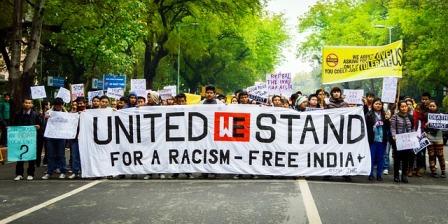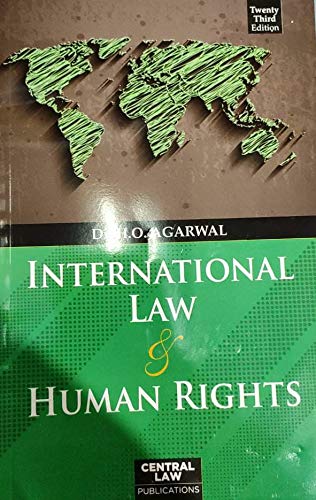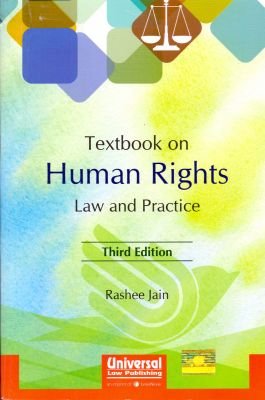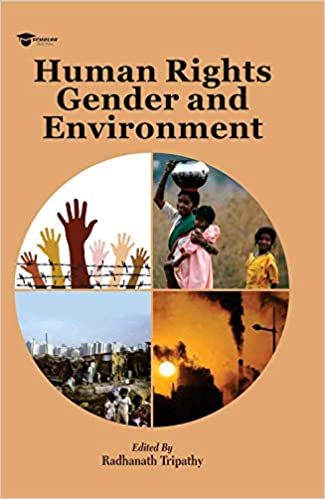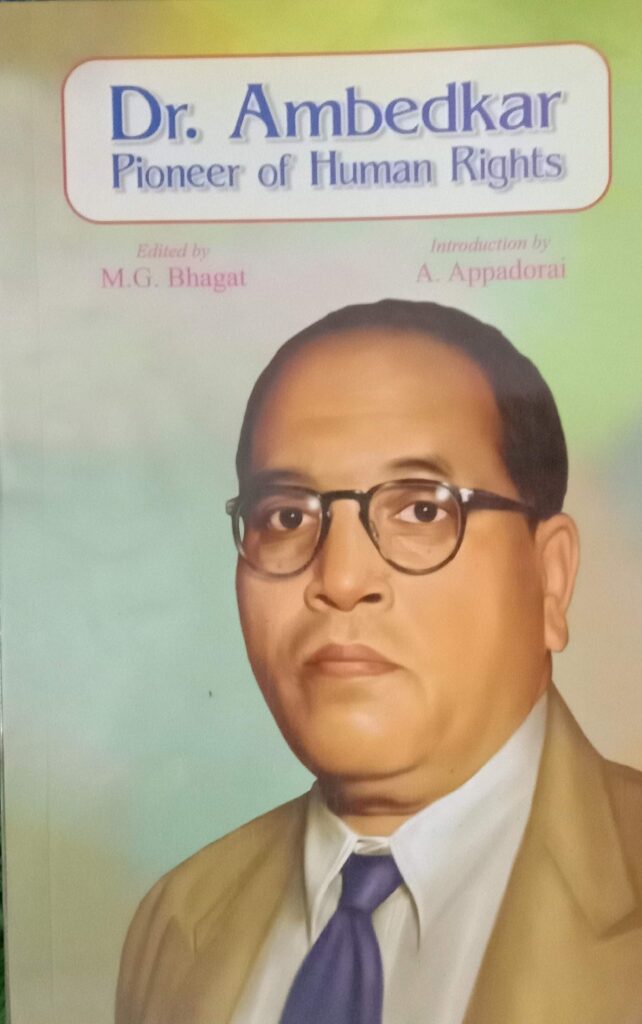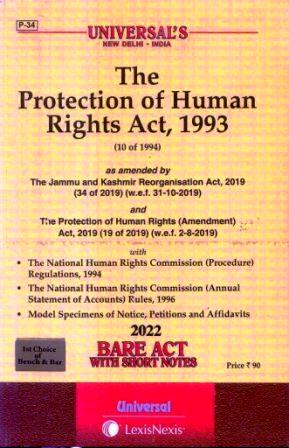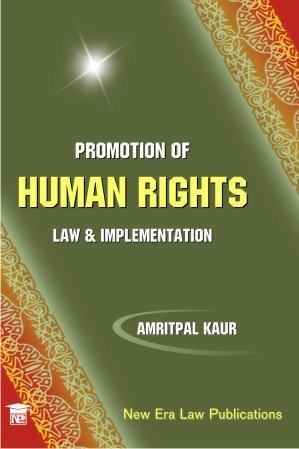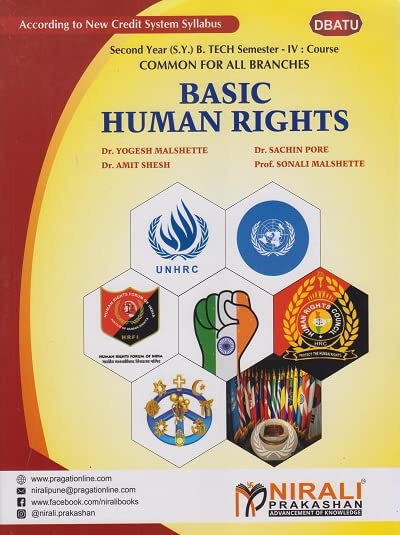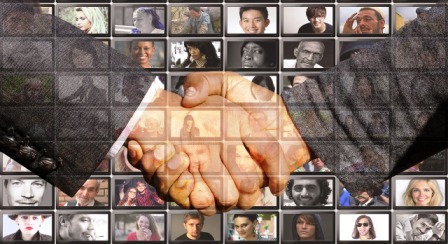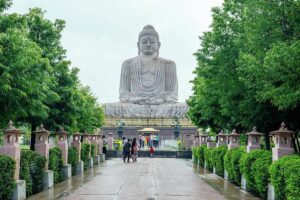What is Human Rights?
Human rights are universal and inalienable, and they form the foundation of a just and equal society. They are based on the principles of freedom, equality, and dignity, and are designed to protect individuals from discrimination, oppression, and abuse.
Table of Contents
Human rights encompass a wide range of freedoms and protections, including civil and political rights such as the right to free speech, the right to vote, and the right to a fair trial. They also include economic, social, and cultural rights such as the right to education, the right to healthcare, and the right to work.
Concept Of Human Rights.
The concept of human rights can be traced back to ancient civilizations, where moral and ethical codes were developed to guide human behavior. In the modern era, the idea of human rights gained global recognition with the adoption of the Universal Declaration of Human Rights by the United Nations in 1948. This declaration set out a comprehensive framework for human rights, and it has since been adopted and incorporated into the legal systems of many countries around the world.
Despite this progress, however, human rights violations remain a pervasive problem in many parts of the world. From the suppression of free speech and the oppression of minority groups to the use of torture and other forms of violence, human rights abuses take many forms and affect millions of people each year.
Key Challenges in Protecting Human Rights.
One of the key challenges in protecting and promoting human rights is ensuring that they are universally recognized and respected. This requires a commitment from governments, civil society organizations, and individuals to uphold the principles of human rights and to work towards creating a just and equitable society.
Governments play a critical role in protecting human rights by enshrining them in law and ensuring that they are enforced. They can also create policies and programs that promote equality, diversity, and inclusion, and they can work to address the root causes of human rights abuses, such as poverty and discrimination.
Civil society organizations and individuals can also play an important role in promoting human rights by raising awareness, advocating for change, and holding those in power accountable for their actions. This can involve everything from peaceful protests and civil disobedience to lobbying and advocacy efforts aimed at influencing policy and public opinion.
Human Rights and Life.
Human rights are the very essence of our existence as human beings. They represent the fundamental freedoms and liberties that we all deserve to enjoy, simply by virtue of being born into this world. Yet, all around the globe, we continue to witness the horrific violations of these basic rights, perpetrated by individuals, governments, and institutions alike.
Discrimination and Racism.
We see it in the form of discrimination and racism, where people are judged and treated unfairly based on their race, ethnicity, or nationality. We see it in the form of oppression and authoritarianism, where leaders and regimes use their power to crush dissent and silence opposition. We see it in the form of poverty and exploitation, where people are forced to work in inhumane conditions, with no basic rights or protections.
These violations of human rights are not just statistics or numbers – they are real people, with real lives, who are suffering unimaginable pain and trauma. They are the mother who has lost her child to police brutality, the refugee who is forced to flee their home due to war and persecution, and the worker who is trapped in a cycle of poverty and debt.
Collective Responsibility.
We cannot simply turn a blind eye to these atrocities and pretend that they do not exist. We have a collective responsibility to stand up and fight for the rights and dignity of all human beings, regardless of their race, gender, religion, or social status.
It is time for us to come together as a global community and demand an end to these violations of human rights. We must hold those who perpetrate these crimes accountable for their actions and work to create a world where every individual is treated with the respect and dignity that they deserve.
In doing so, we will not only create a more just and equitable society for ourselves, but also for future generations to come. Let us not forget that the fight for human rights is a fight for the very soul of our humanity.
Ultimately, the protection and promotion of human rights require a sustained and coordinated effort from all sectors of society. By working together to uphold the principles of freedom, equality, and dignity, we can create a world where all people are treated with the respect and dignity they deserve, and where human rights are upheld and protected for all.

